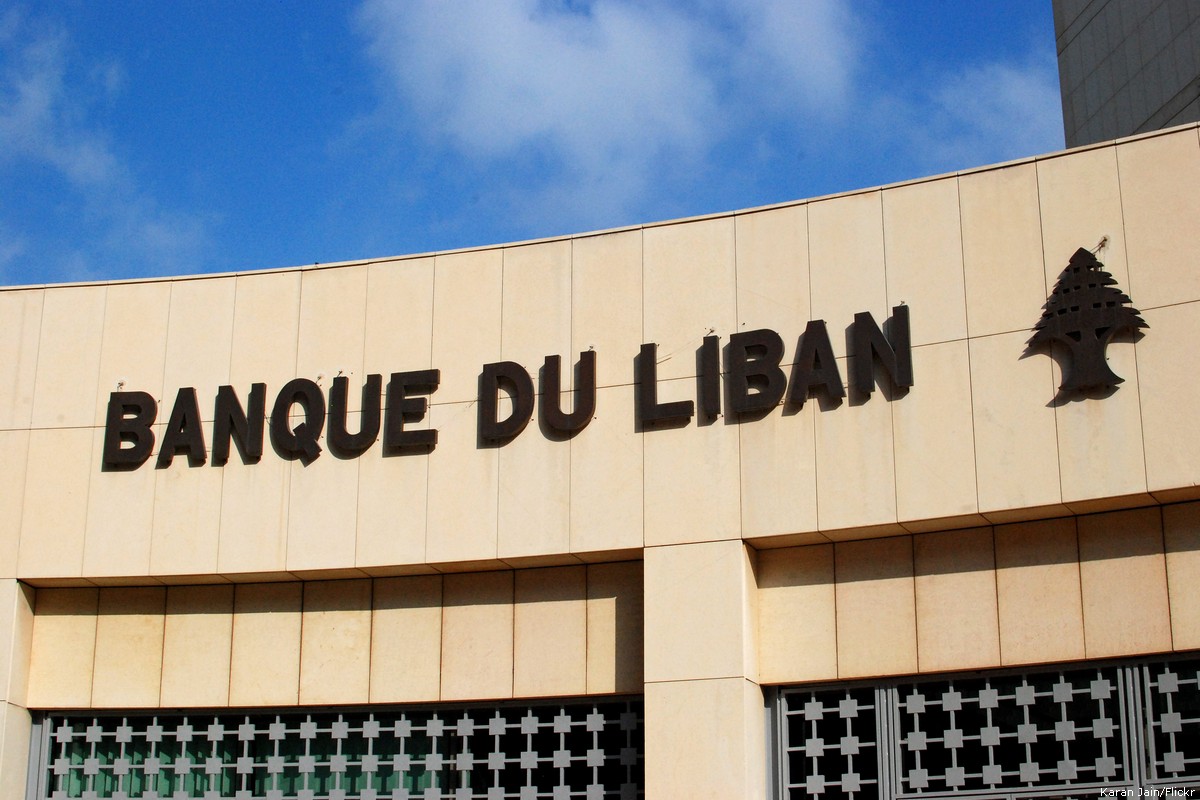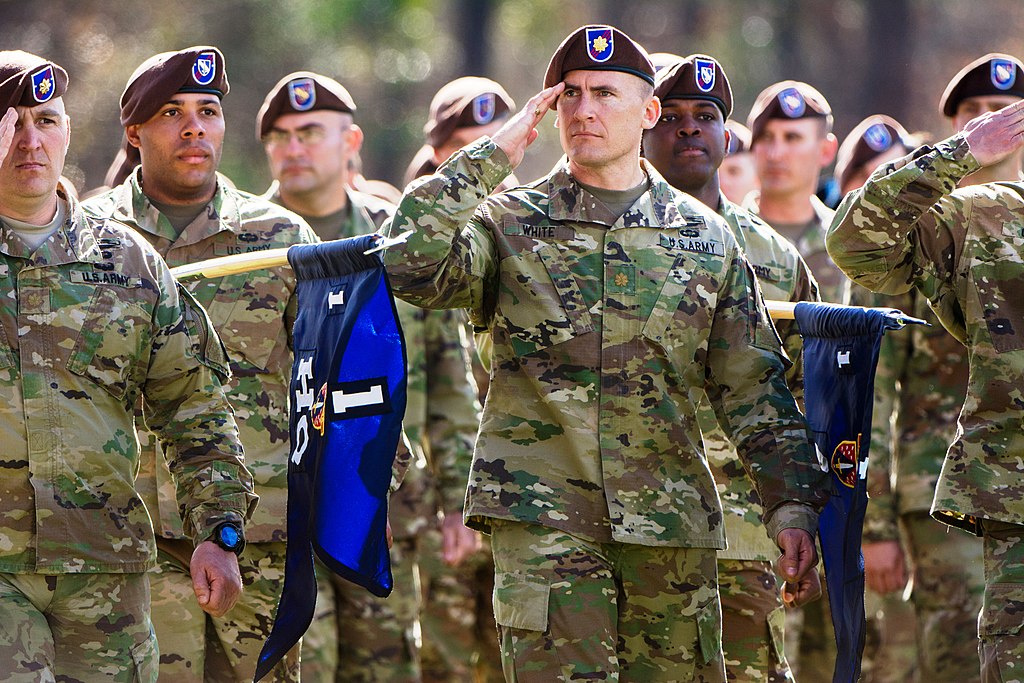On Thursday, June 18, Lebanese financial adviser Henri Chaoul resigned from his role in negotiations with the International Monetary Fund (IMF.) The adviser of the Lebanese Ministry of Finance expressed his exasperation with the Lebanese banking sector.
“I have come to the realization that there is no genuine will to implement either reforms or a restructuring of the banking sector, including the Central Bank,” Chaoul said in a statement.
The adviser accused Lebanese authorities, including politicians, central bank officials, and representatives of the Lebanese banking sector of dismissing the “magnitude” of Lebanese losses and accused all actors of embarking on a “populist agenda,” according to Reuters.
The government of Prime Minister Hassan Diab had introduced a plan based on government projections of losses amounting to $83 billion in the banking sector alone. The plan’s estimations of losses presented the first quantitative diagnosis of Lebanon’s intertwined crises that have led to rapid hyperinflation and rapidly falling living standards for Lebanese people.
Fundamental disagreements
Chaoul and the IMF appear to agree with the magnitude of the losses estimated in the prime minister’s plan, but Chaoul implied that the banking sector, including its central bank and a parliamentarian fact-finding committee, had presented very different numbers, challenging the government’s estimates. The failure of Lebanese officials to agree upon the scale of its losses amounted to a “dismissal” of the true problem, according to the adviser.
The former Lebanese finance minister and current Speaker of Parliament Nabih Berri said that the government estimates had been drawn up in a rushed manner that had led to mistakes and wrong assumptions. He told Lebanese broadcaster MTV that Lebanon would be unable to pay its bond obligations until 2043 as politicians aim to reach a compromise on the true number of losses.
The IMF itself has highlighted that the uncertainty over the true scale of Lebanon’s financial woes is a major stumbling block in the ongoing negotiations, calling for a “joint diagnosis” to establish a transparent diagnosis on which to base its talks.
“Lebanon needs to reach a common understanding of the source and size of its financial losses,” IMF spokesman Gerry Rice stated on the IMF website, calling the issues “complex.”
Reforms
The IMF will only provide support if the Lebanese government is willing to implement broad reforms, which could prove unpopular. “There is a need for comprehensive reforms in many areas, which requires acceptance and consensus from the society as a whole,” Rice stated.
But many fear the IMF will require unpopular neoliberal reforms that aim to cut public spending that could face significant resistance from Lebanon’s increasingly destitute population.
Public resistance to IMF demands for reform is highly likely as the IMF is a proponent of the “Washington consensus” that calls for cutting public spending, shifting taxation onto the poor, liberalization of banking, deregulation, and privatization.
Many countries who have followed IMF reforms have only seen their populations further impoverished as public spending is cut to allow for foreign debt repayments while halting growth and inflation.
US ambitions to weaken the influence of Hezbollah in Lebanon and neighboring Syria have resulted in tough sanctions, the Caesar act, which came into effect on June 17. The sanctions are aimed at Syria but will gravely impact Lebanon, which is one of the few remaining nations to trade with Syria.
The role of the US in further worsening Lebanon’s economic prospects in the midst of its interconnected health, economic, and financial crises has led some to urge the country to find funding from China instead.
Chinese alternative
China has been eager to work with Lebanon, as it sees its ports in Tripoli as an important possible link in its Belt and Road Initiative that aims to connect Europe with China through an ambitious infrastructure project that spans the historic silk route.
Hezbollah’s leader Hassan Nasrallah on June 16 announced that China is ready to invest in Lebanon’s infrastructure.
“Chinese companies are ready to inject money into this country,” Nasrallah stated on Hezbollah’s television network Al-Manar. Nasrallah argued that China would easily match the $10 billion sought from the IMF, with few of the painful reform demands.
While inviting Chinese investment could significantly boost Lebanon’s economic prospects, it would risk the ire of the United States who could apply sanctions to cripple the economy as it is currently doing in Iran and Syria.
Accepting IMF reforms would likely spark further popular unrest, while accepting Chinese investments could trigger a diplomatic conflict with the US. Even if Lebanon had a functional and effective government, the country is left with few good choices to resolve the suffering of its people.



